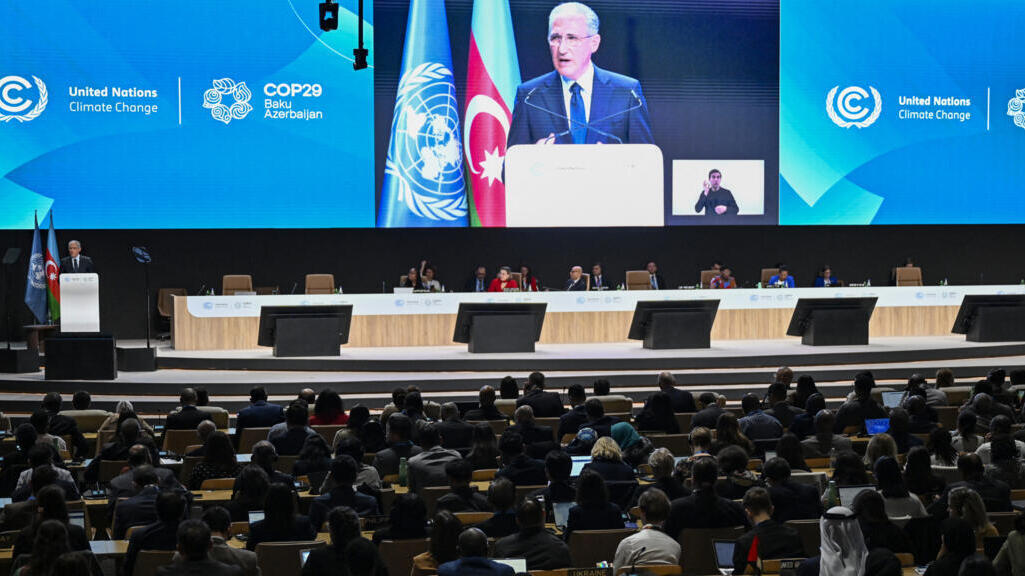
Burkina Faso: towards a return of the death penalty in a climate of insecurity?
In Burkina Faso, the military regime in power seems to want to make a strong comeback to judicial practices that were thought to have been banished from the modern era. Indeed, according to official sources, the government is considering reinstating the death penalty. A decision that is already sparking heated debate among the population and international legal authorities. At a time when peaceful and humane solutions are becoming increasingly rare, what is behind this desire to sentence criminals to death in a country already plagued by a multitude of crises?
The death penalty: a return to the past?
The death penalty is often seen as a symbol of repression and fear. By reintroducing this practice into the penal code, is the military regime seeking to restore its image in the face of growing insecurity? The authorities cite the fight against terrorism and the rise in crime as justification for this extreme measure. But can we really believe that the death penalty puts an end to a cycle of endemic violence? Suffice to say that this vision seems more retrograde than anything else.
The climate of insecurity and its consequences
For several years, Burkina Faso has been living under the threat of jihadist attacks that have left more than 10,000 victims and nearly 2 million people displaced. In this context, the military government is counting on the reestablishment of the death penalty to impress a population exhausted by years of conflict. However, fear should not be confused with security. Killing a criminal already entrenched in a cycle of violence will not bring respite to citizens. True security comes through reconciliation, restorative justice and the strengthening of institutions.
The voices of the people in the face of this controversial decision
Within civil society, resistance to this decision is being heard. Many Burkinabés are mobilizing and calling on the authorities: "Human life has no price!" some declare during the demonstrations. The reintroduction of the death penalty raises ethical and moral questions, but also fears about the potential abuses of a judicial system that is already widely criticized. Who will benefit from this measure?
So, as the country stands at a crossroads, the choice to reinstate the death penalty could well become a new source of tension. The question remains whether the military government will heed the voice of the people, or whether it will persist on this uncertain path, leading an entire generation towards a disillusioned tomorrow.



Leave a comment
This site is protected by hCaptcha and the hCaptcha Privacy Policy and Terms of Service apply.